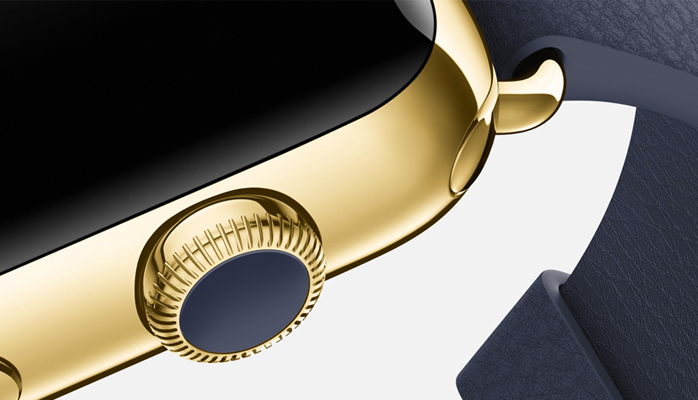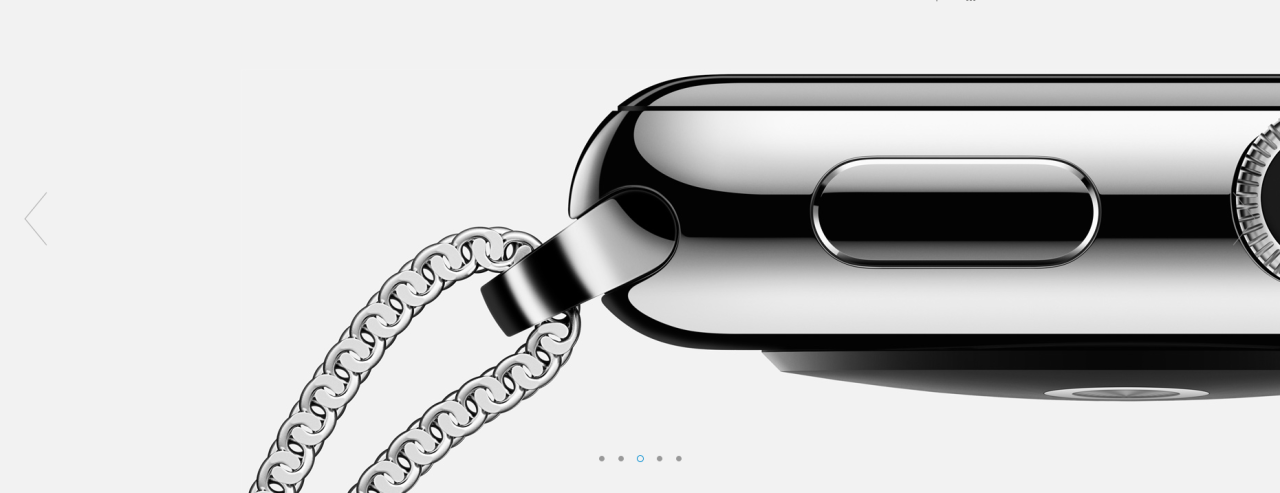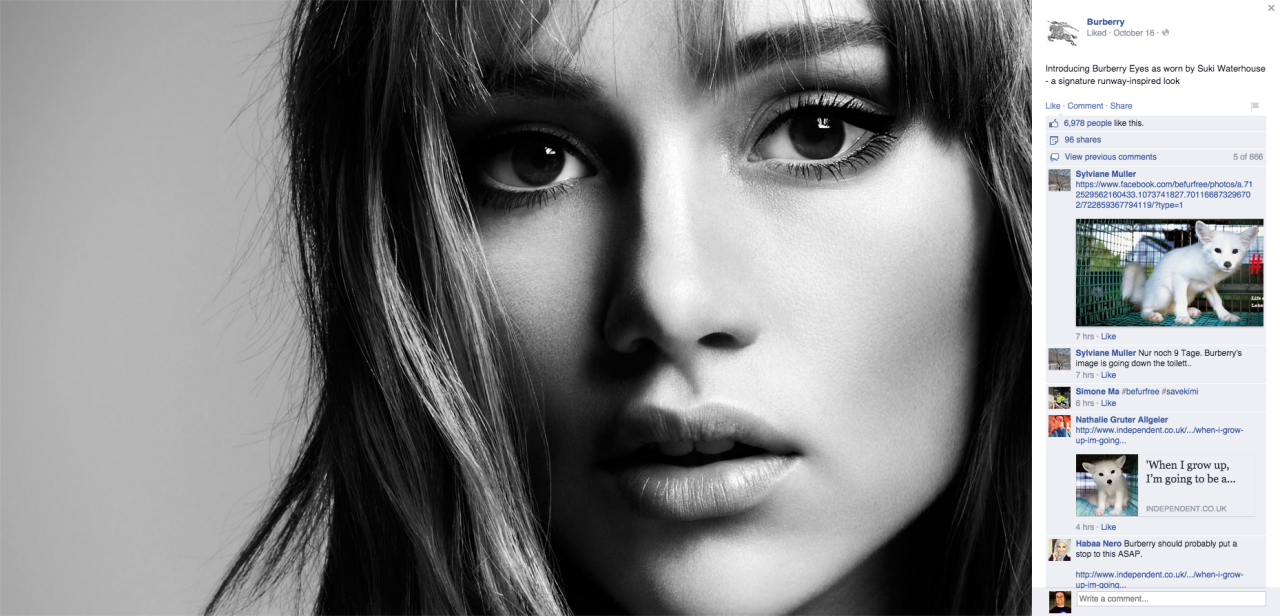In early January I wrote a detailed piece on how Apple was transitioning itself from a consumer goods company to a luxury goods company.
Yesterday Apple announced the full range of Apple Watch models, with pricing and availability dates. The biggest shock to most was the Apple Watch Edition pricing. The solid gold model will retail for between $10,000 and $17,000 USD, depending on the band you match it with.
The twittersphere went into meltdown, and Mashable immediately posted a list of 11 things you could buy for $10,000 other than the Apple Watch Edition.
But as I pointed out on LinkedIn, this pricing shouldn’t have come as a shock. Apple is making the move to becoming a luxury brand. No, iPhone’s have never been inexpensive, but they’ve been consumer goods – not luxury items. There’s never been a $5,000 iPhone, or a specialist section of Apple’s retail stores set aside to hand sell them.
Apple have flagged their intentions to become the next big player in luxury, and Chanel, Burberry and Gucci had better be watching carefully.


